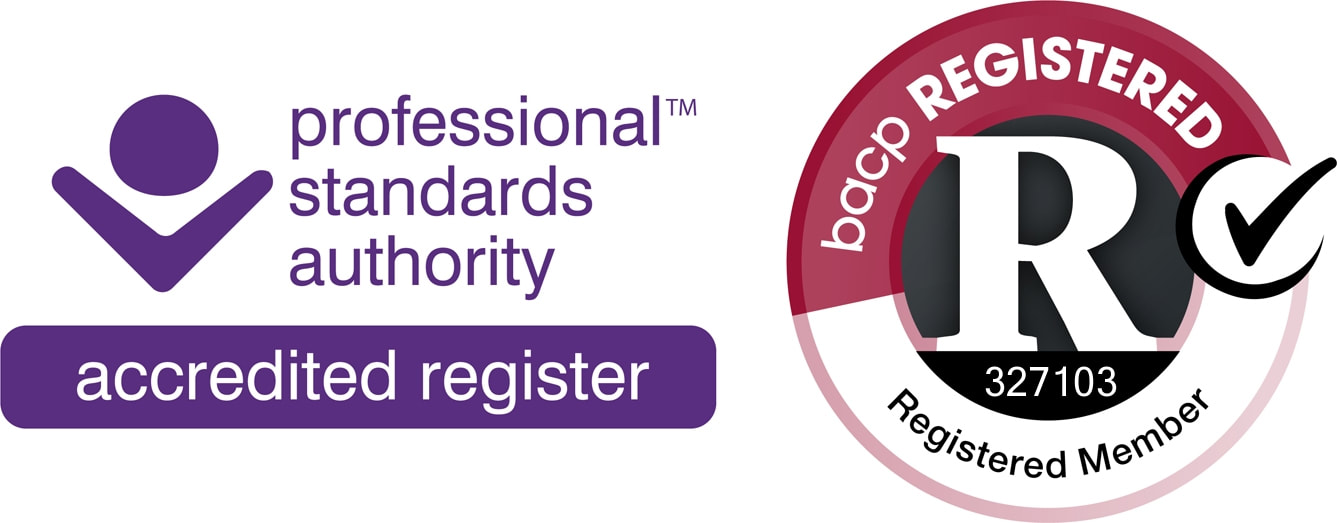The Difference Between Feelings of Anger and Anger Problems
|
Most people experience occasional feelings of anger, when personal expectations, values, rules or standards are threatened, compromised or violated. Anger can be viewed as an emotional reaction to perceived threat or danger and in this context, transient anger is part of the normal emotional range. Feelings of anger can be an appropriate emotional reaction to frustration, injury, insult or threat to survival or psychological integrity.
Angry feelings are however different to anger problems. When anger becomes automatic, difficult to control, prolonged, disproportionate and destructive, this can indicate an underlying anger problem or an anger disorder. Anger problems can develop when transient feelings of anger are sustained and change to feelings of resentment, bitterness, hatred and destructive rage. Anger problems can be psychologically, socially and physiologically damaging. Anger can increase the direct risk of physical aggression and can have a detrimental effect on our physical health, relationships and working lives. |
Anger disorders involve:
|
Uncontrolled anger can affect your relationships, your job and your health. Rage can take over your life and result in depression, violence and suicidal feelings. Your children, neighbours and coworkers can also be at risk from uncontrolled outbursts and erratic behaviour. If you are suffering from anger issues, it is vital that you receive the support you need in order to develop effective management strategies.
How CBT is Used to Treat Anger Problems
Research has demonstrated that cognitive and behavioural techniques are highly effective in the treatment of anger problems. Key CBT approaches include:
Research has demonstrated that cognitive and behavioural techniques are highly effective in the treatment of anger problems. Key CBT approaches include:
- Identifying the triggers and situations that activate anger reactions.
- Mapping the hostility sequence to understand how anger is maintained.
- Altering the automatic thinking patterns that keep anger or rage going.
- Learning new behavioural strategies to defuse anger reactions.
- Learning new emotional regulation techniques to manage angry feelings.
- Working on the underlying rules and beliefs that predispose clients to anger problems in the first instance.
Dr Marietta Laoudi is a highly experienced CBT Therapist

Cognitive Behavioural Therapy is the treatment of choice for anger problems, depression, grief and bereavement, anxiety and stress, low self-esteem, fears & phobias, sleeping problems, as well as a wide range of other issues. CBT is evidence-based, which means that it has been proven to work quickly and with lasting effects.
CBT is a collaborative process. Together we work towards resolving your issues in a safe and confidential environment; making you happier at home, professionally and in your social life.
I offer individual face-to-face Cognitive and Behavioural Therapy sessions in my private practice in West London (Fulham), on the telephone and on Skype.
CBT is a collaborative process. Together we work towards resolving your issues in a safe and confidential environment; making you happier at home, professionally and in your social life.
I offer individual face-to-face Cognitive and Behavioural Therapy sessions in my private practice in West London (Fulham), on the telephone and on Skype.





